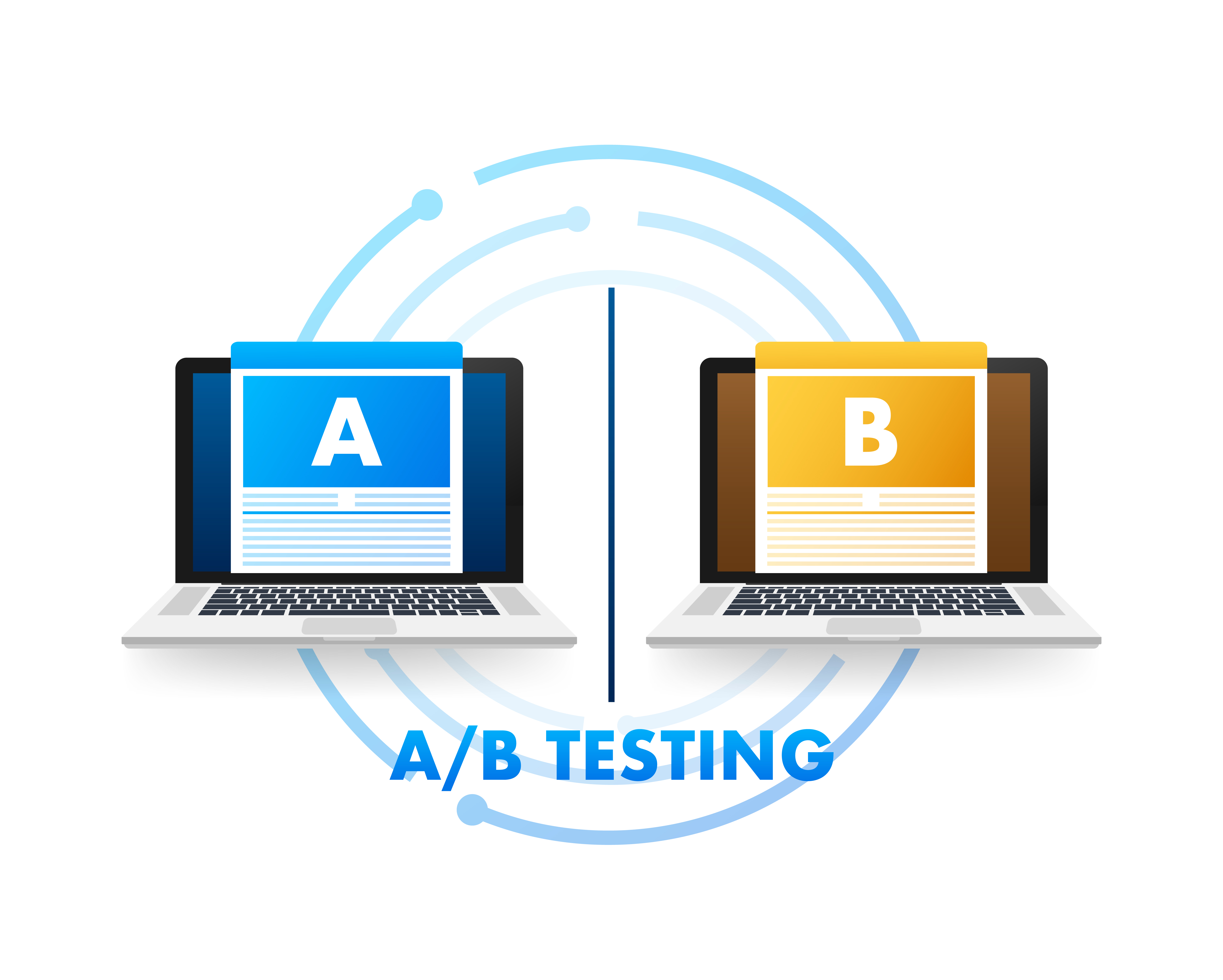What is website personalization?
Website personalization is tailoring a website's content and layout to individual users based on their preferences, behaviour, and demographics. This can include displaying different content or images based on the user's location, recommending products based on their browsing history, or adjusting the website's layout based on the user's device.
How does website personalization benefit businesses?
Website personalization can help businesses increase customer engagement, improve conversion rates, and increase customer loyalty. By providing a more personalized experience, businesses can make their website more relevant and valuable to users, leading to increased sales and repeat customers.
How is website personalization implemented?
Website personalization is typically implemented using cookies or browser storage to track user behaviour and preferences. This data is then used to adjust the content and layout of the website in real time. A good personalization engine can help marketers create personalization rules and deliver messages to the pages. There can be other systems like a persona detection engine that can tag the visitor to a persona, and the rule engine can deliver messages targeting a specific visitor persona.
Additionally, businesses can use marketing automation software, customer relationship management (CRM) systems, and customer data portals (CDP) to collect and analyze data on customer behaviour and pass the details to the personalization engine.
What are some examples of website personalization?
Some examples of website personalization include:
Showing different content or offers based on the user's location
Recommending products based on the user's browsing history
Adjusting the layout of the website based on the user's device
Providing personalized product or service recommendations
Customizing the website's navigation based on the user's preferences
Are there any privacy concerns with website personalization?
Yes, website personalization can raise privacy concerns by collecting and using user behaviour and preferences data. Businesses need to be transparent about their data collection practices and provide users with clear options for controlling their data. Additionally, businesses should comply with all relevant data privacy laws and regulations. If the system uses first-party data and does not store personal information like IP address, Emails, etc., to connect the browsing pattern with an identifiable individual, there is not much trouble.
How does website personalization benefit lead generation?
Website personalization can benefit lead generation by providing users with a more personalized and relevant experience. Businesses can increase the likelihood that users will convert into leads by showing targeted content, offers, and calls to action based on user behaviour and preferences. Additionally, personalized forms, landing pages, and product recommendations can help to streamline the lead-generation process and improve conversion rates.
How does website personalization improve user experience?
Website personalization improves user experience by providing a tailored and relevant experience for each user. Businesses can make the website more valuable and engaging by displaying content and offers most relevant to the user. Additionally, personalized navigation, layout and design can help to make the website more user-friendly and easy to navigate. Overall, website personalization helps create a more engaging and satisfying experience for users, leading to increased customer satisfaction and loyalty.
How website personalization can be used to improve lead nurturing?
Website personalization can improve lead nurturing by providing a more personalized and relevant experience for leads throughout the sales process. Businesses can increase the likelihood that leads will convert into customers by using data on lead behaviour and preferences to display targeted content, offers, and calls to action. Additionally, personalized product recommendations and lead-nurturing emails can help to keep leads engaged and interested in a business's products or services.
How website personalization can be used to improve customer retention?
Website personalization can improve customer retention by providing customers with a more personalized and relevant experience. By using customer behaviour and preferences data to display targeted content, offers, and calls to action, businesses can increase the likelihood that customers will return to the website and make repeat purchases. Additionally, personalized product recommendations and customer retention emails can help to keep customers engaged and interested in a business's products or services.
FAQ on Website Personalization


























